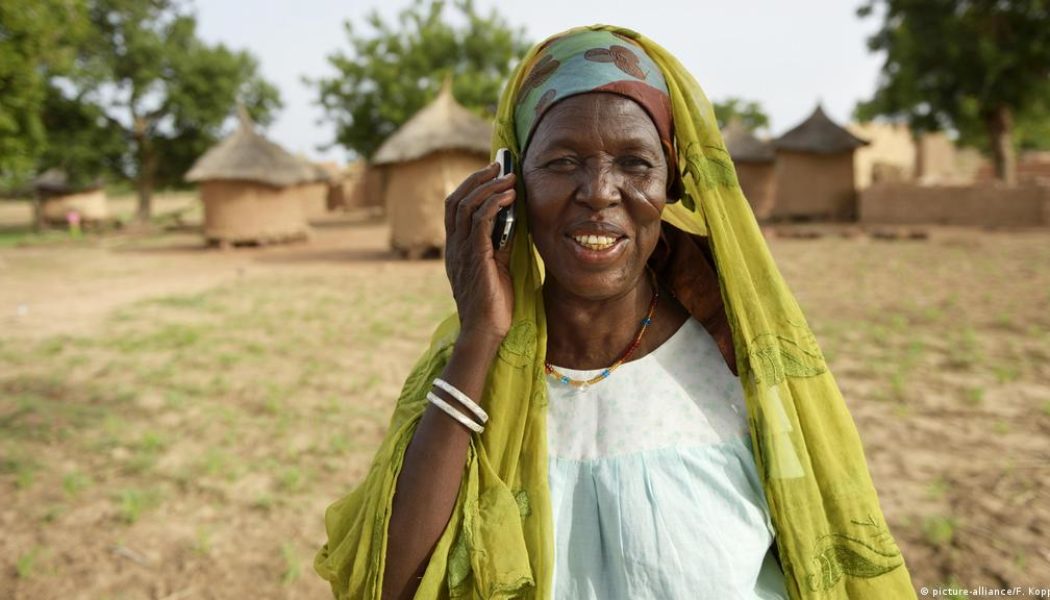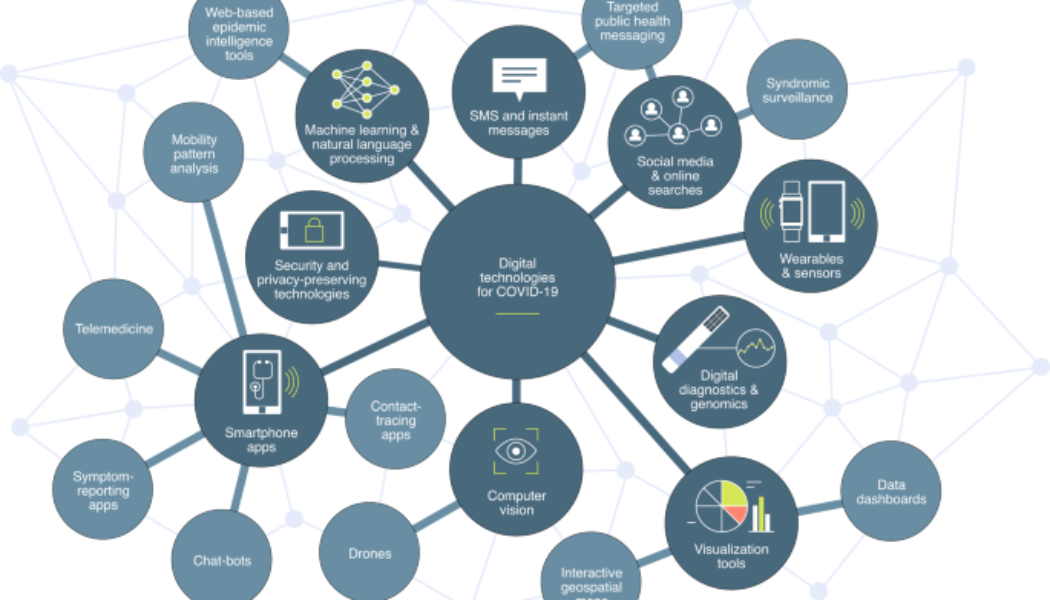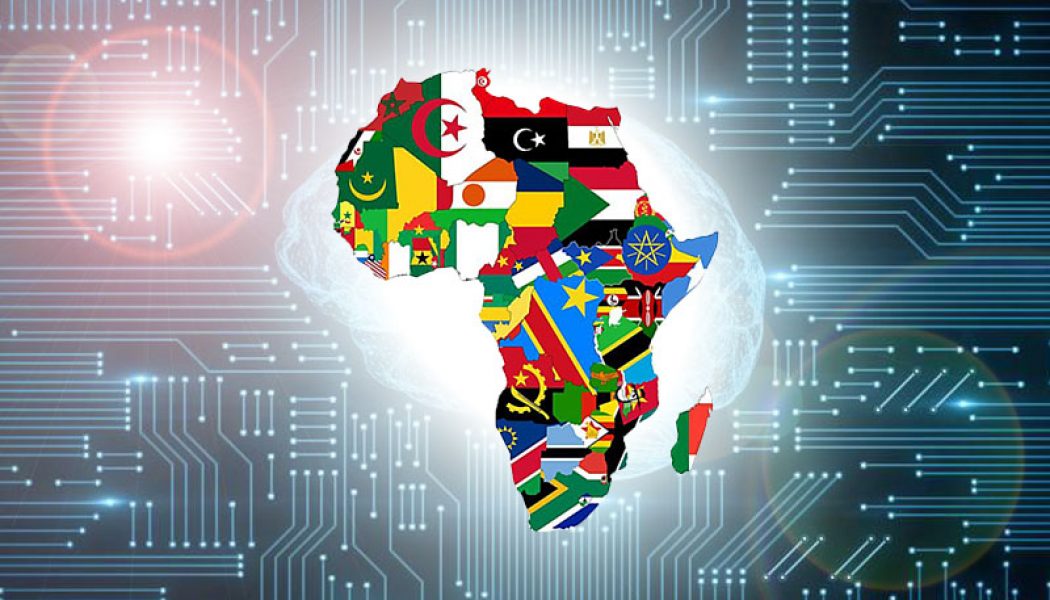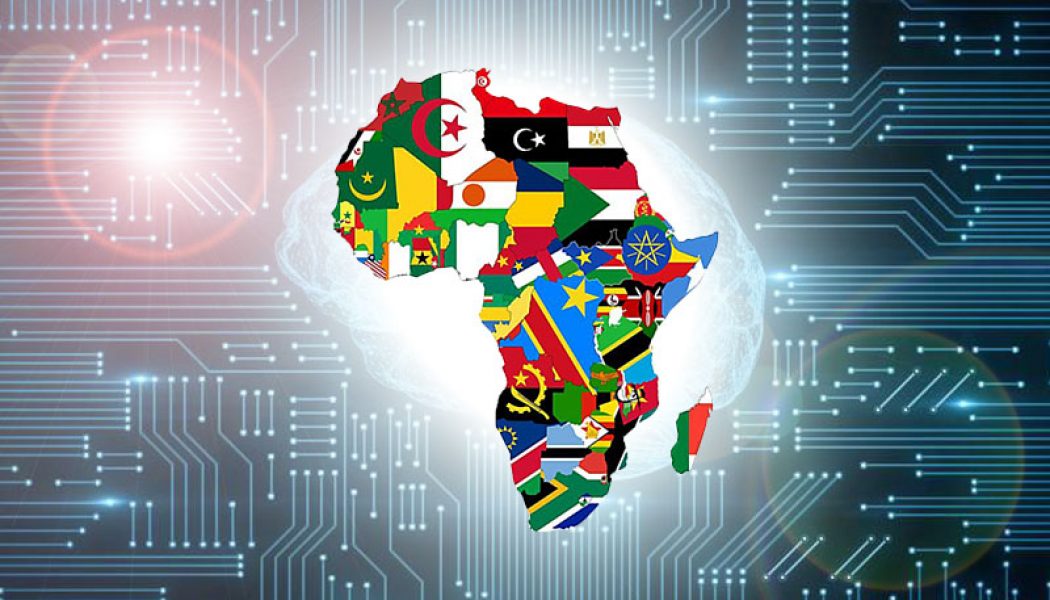digital transformation in Africa
Why Digitisation is Key to Rescue SA’s Water Infrastructure
Image sourced from Prime Media. South Africa’s water system is in trouble. In the 2020/21 financial year alone, there were over 55,800 pipe bursts, over a third of reservoirs have supply problems, and years of underfunding of infrastructure replacement and maintenance have drastically reduced the lifespan of around a quarter of the country’s asset base. If there’s one lesson we can take from South Africa’s electricity crisis, it’s that we can’t wait until it’s too late before we act. And yet, it nearly is too late. By 2025, South Africa is expected to experience water scarcity. By 2030, a water deficit. With the rapid increase in urbanisation and the rising demand for our water infrastructure, we don’t have the luxury of time. There’s a sense of urgency that we must jump on now, ...
How Digitisation Can Lead to Real Change in Africa’s Competition Laws
Digitisation has ushered in an era of hyper-connectivity, marked by disruptive digital platforms that operate on a global scale. A recent Baker McKenzie report – Competition in the Digital Economy – an African Perspective – shows that, in Africa, this dynamic evolution of markets presents an opportunity for competition regulators to drive structural transformation and development. To effectively achieve this, though, competition authorities need to balance the importance of upholding the regulatory process with the promotion of innovation and investment. Lerisha Naidu, Partner and Head of the Competition & Antirust Practice Group at Baker McKenzie in Johannesburg, explains that digital markets are characterised by, among other things, multi-sided platforms, large returns to s...
Cybersecurity Should Be a Top Priority for Africa’s Digital Transformation
Sourced from Travellers Cloud adoption in South Africa and many other African countries is accelerating, helped along by the COVID-19 workplace disruption, and the need to reduce costs, manage risk and scale, and become more competitive. There are many drivers behind digital transformation strategies and many decisions that need to be made, such as which public cloud to consume. However, this should be less urgent than addressing security concerns. As we continue to work with organisations in different industries spread across our diverse continent, cybersecurity and cyber risk are increasingly important considerations for the C-suite. Against the backdrop of high-profile security breaches and ransomware, addressing security weaknesses are a key part of the success of digital transformatio...
Why Technology Needs to Be Harnessed for Africa to Recover from the Pandemic
Sourced from Redbubble and iStock. Despite the economic devastation caused by the COVID-19 pandemic on African economies, there is no doubt that the continent has the potential to recover given the fact that with a large youth population it promises to be a major consumption market in the years ahead with significant capacity for growth. However, it urgently needs to achieve faster economic growth in order to create jobs, grow its export revenue and become more globally competitive. The African Continental Free Trade Agreement (AfCFTA), which came into effect earlier this year after being delayed in 2020 as a result of the COVID-19 pandemic, aims to promote trade on the continent by creating the largest free trade area globally. This agreement plans to remove some of the main obstacles to ...
Should African Governments Digitise to be Innovative, Inclusive and Resilient?
Sourced from Redbubble and iStock. It’s been said before, but it bears repeating – the COVID-19 pandemic offers Africa the chance to leapfrog development through digitisation, and potentially position itself as a global digital powerhouse. And while the private sector has an important role to play in this development, governments across Africa have a critical role to play in enabling digitisation, through infrastructure development, but also in digitising their own systems and processes and by creating an enabling environment using regulatory and legal tools. Developments such as the African Continental Free Trade Agreement (AfCFTA) reinforce the urgent need for governments to digitise to enable not just trade, but positive economic growth across the continent. In its report Reopening and ...
Digital Transformation is not just about Technology, it’s about the Experience
While many businesses were on the road to Digital Transformation (DX), there is no doubt that the COVID-19 pandemic accelerated these strategies and projects. ‘Nice to have’ technology became ‘must-have’ practically overnight, and the entire business model had to shift in many cases. However, DX is not just about implementing new technology. It is about choosing the right technology to solve a business problem or leverage an opportunity, or both. Ultimately it is about the experience, for both the end user and the customer. Technology with a purpose DX should always be about improving business efficiency and effectiveness rather than implementing technology for the sake of it. However, during the panic caused by the pandemic, this has been overlooked in many instances. /* custom css */ .td...
Is Africa Ready for Digital Enablement?
Sourced from Redbubble and iStock. The World Economic Forum (WEF) believes that there are five hotspots that need to be targeted by the public sector in Africa and the theme that underpins them all is… digital. Digital is the infrastructure that the public sector needs to enable skills development, innovation, connectivity, economy and data-driven insights. Digital enablement is the firelighter that can potentially ignite the public sector’s ability to engage with citizens and reshape economic growth. But, according to Sina Mvoko, Managing Executive Public Sector at BCX, it has to be implemented and approached with strategic grace rather than the blunt hammer of square solutions shoved into round holes. “Digital enablement is about just that, enabling – empowering the public sector in achi...

















